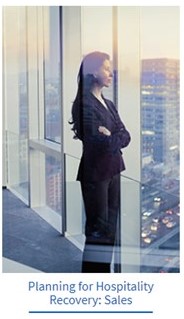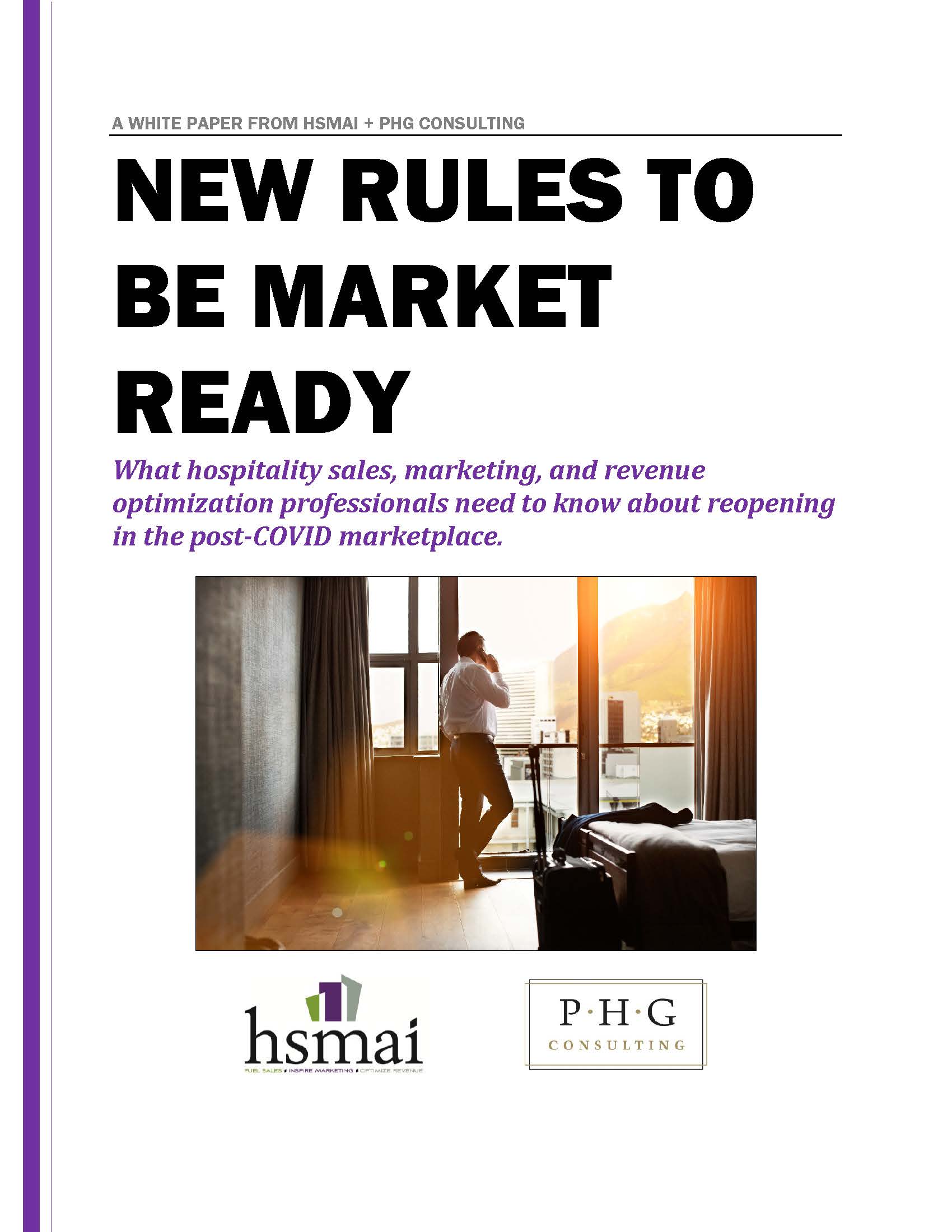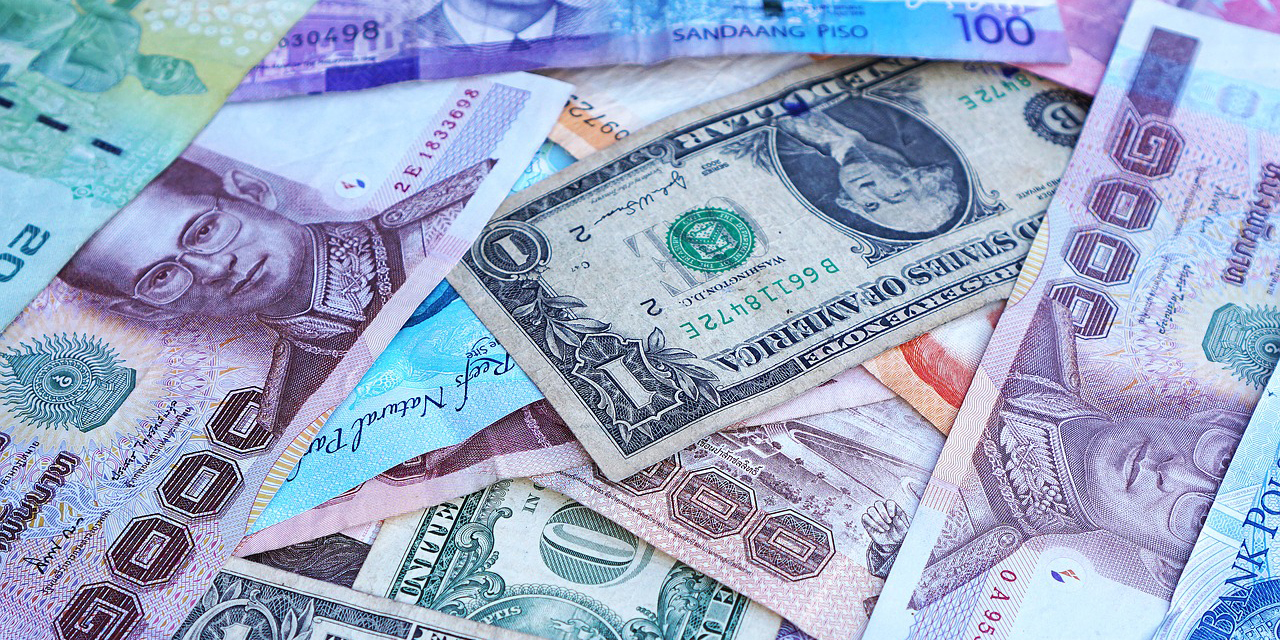 During economic downturns, it’s more important than ever to keep your sales team motivated, engaged, and empowered as you navigate towards recovery. Reopening to your local markets and then to the broader market will put an emphasis on new skills and lines of communication. The following strategies will help you capture as much from the reopening process as possible:
During economic downturns, it’s more important than ever to keep your sales team motivated, engaged, and empowered as you navigate towards recovery. Reopening to your local markets and then to the broader market will put an emphasis on new skills and lines of communication. The following strategies will help you capture as much from the reopening process as possible:
Keep in touch. It’s critical to maintain regular communication with anyone that you may be hiring (or rehiring) soon. Even if they are not on-property yet, it’s essential to make your future colleagues feel valued and part of your business plan to move forward.
Invest in learning new skills. This recovery will demand new skills from your sales team. With such a sharp drop in demand and restrictions on physical meetings, the sales environment of the recovery will reward those who can prospect digitally. Provide training plans that will allow the team to develop the skills they need, such as digital relationship building, consultative selling, or software training. View this as an investment that will reward you as the market continues to build.
Formalize information sharing between sales and other teams. Sales teams need to be intimately familiar with new pricing strategies, technology investments, operational changes, and community developments. Formalize cross-functional communications between sales and the rest of the organization.
Position sales as intelligence collectors for the property. Sales teams are your eyes and ears into a changing world. Let your sales teams do what they are trained to do (building relationships, networking, and understanding customer needs), and elevate their insights to property decision makers.
Excerpted from Planning for Hospitality Recovery – Sales, a new resource guide available from HSMAI and Amadeus. For additional information, insights, and tools, visit HSMAI’s Global Coronavirus Resources page.


 Hotel marketers are already thinking about creative new campaigns to help capture travelers once coronavirus-related restrictions are lifted. Some hoteliers have continued communicating with guests to keep them informed of the hotel’s status and provide relevant, fun programming, while others are waiting until they get closer to reopening.
Hotel marketers are already thinking about creative new campaigns to help capture travelers once coronavirus-related restrictions are lifted. Some hoteliers have continued communicating with guests to keep them informed of the hotel’s status and provide relevant, fun programming, while others are waiting until they get closer to reopening.







